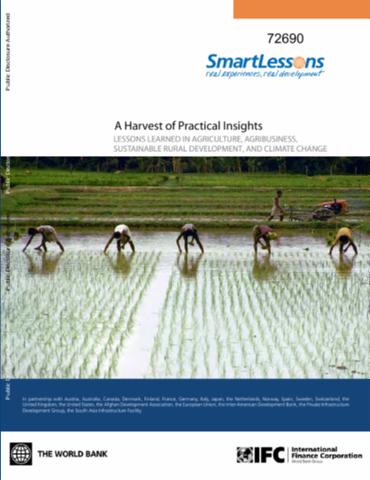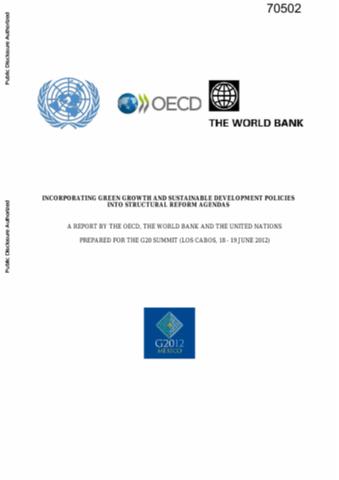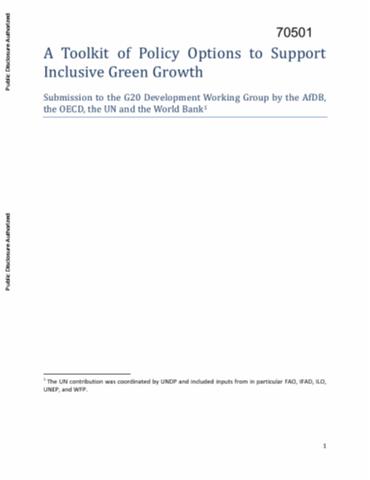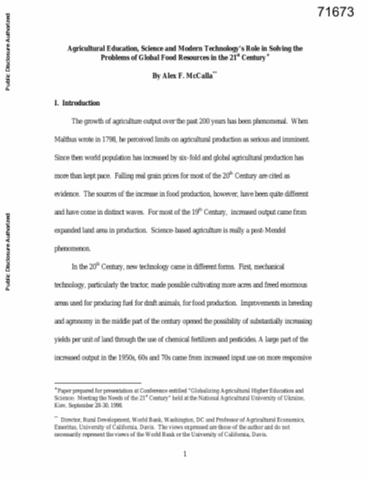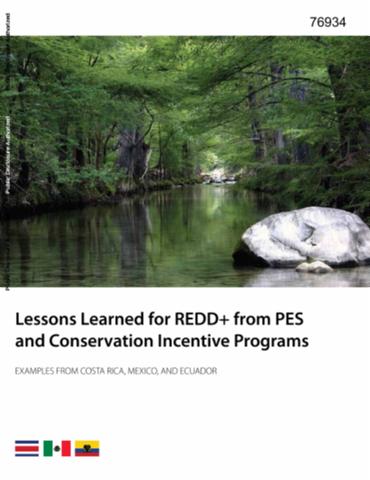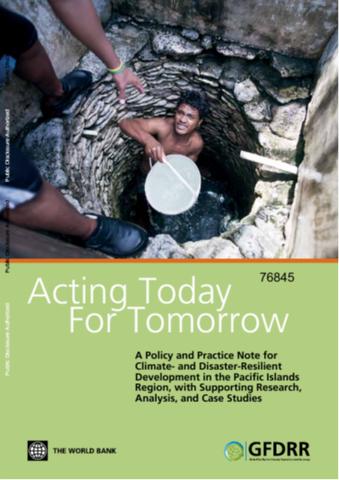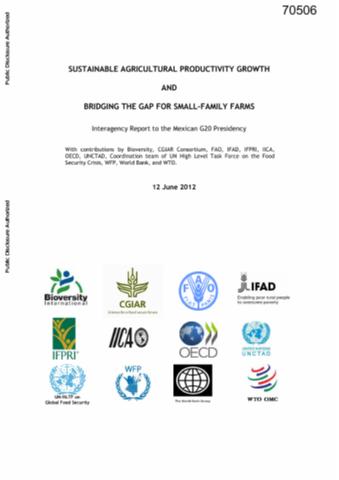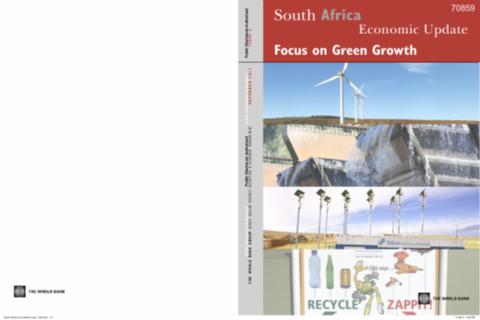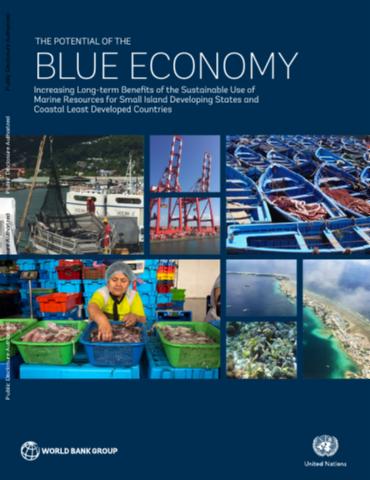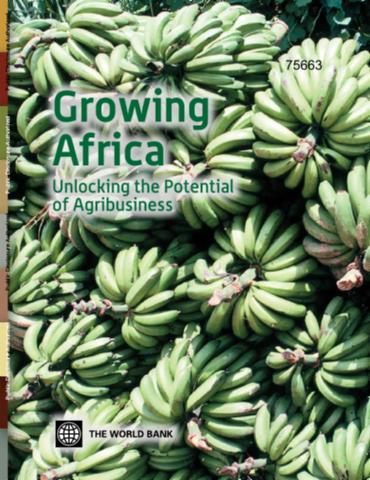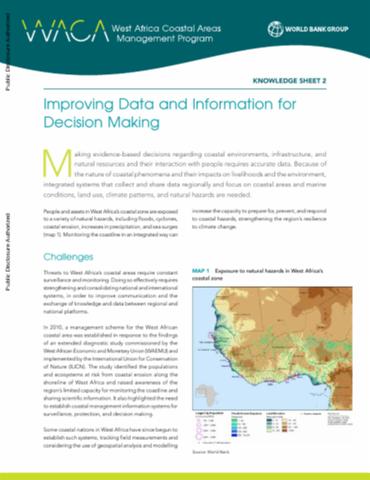A Harvest of Practical Insights
This IFC SmartBook is a compilation of sixteen IFC SmartLessons that presents practical lessons learned by staff from across the IFC and the World Bank on approaches for engaging in agriculture that have led to success. Agribusiness is a crucial economic sector, for food security of course, for managing water stress and ecosystem services, but also as a source of employment in emerging markets. The report includes the following lessons.

